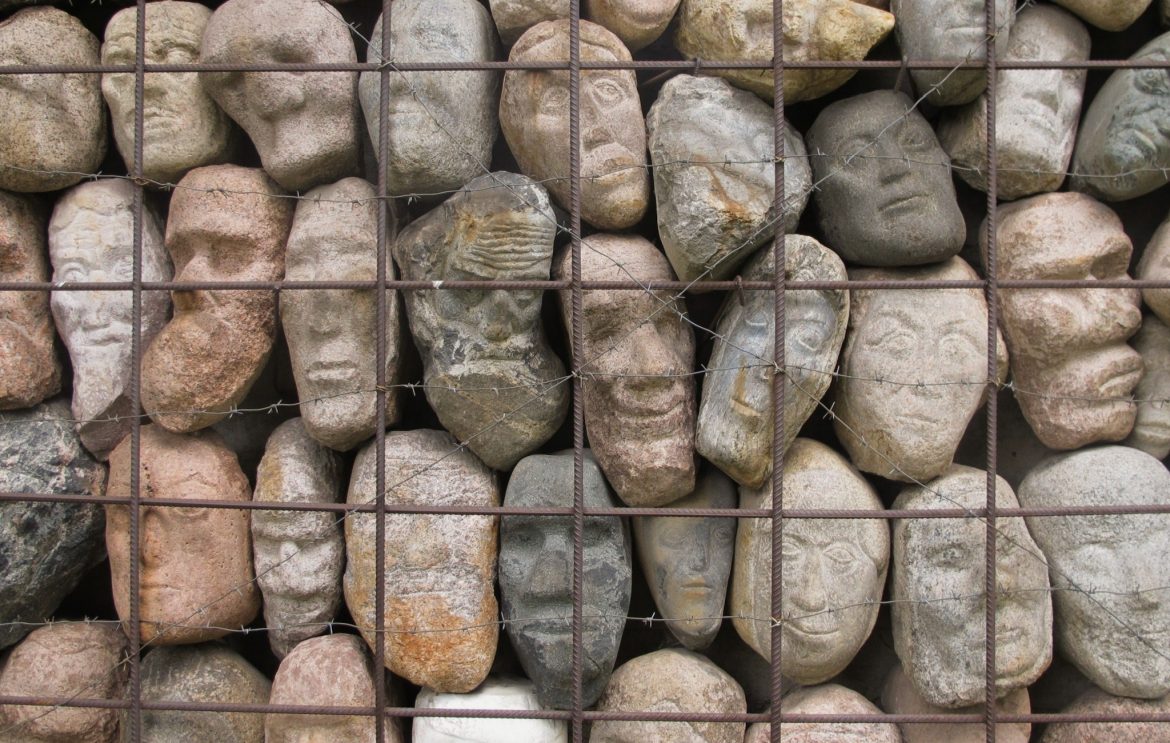What Tocqueville teaches us was echoed in Sir Roger Scruton, the torchbearer of conservative thought in England in the last century.
For Tocqueville, “Liberty is generally established with difficulty in the midst of storms; it is perfected by civil discord; and its benefits cannot be appreciated until it is already old.” For Scruton, conservatism begins from the sentiment that “good things are easily destroyed, but not easily created.”
For both, liberty has an element of fragility. It is hard to attain, established only in the midst of storms, and never easily created. Yet, on the other side, it is easily destroyed. History suggests as much: if all of human history were reduced to a single day, the appearance of free and prosperous societies would be little more than a blink of the eye. Most of mankind’s story is that of the gloomy Malthusian catastrophe, a Hobbesian world where life was solitary, poor, nasty, brutish, and short. But at the dawn of the nineteenth century, things began to change. Life expectancy more than doubled, per capita income grew more than 3,000 percent, and, as Hume wrote in The History of England, the government of will was replaced by a government of law.
Was this by accident? Some think so.
Tyler Cowen, for example, believes classical liberal ideals such as the rule of law and free markets were more a consequence than a cause of events at the time, for him, classical liberalism was a “luxury good that people figured out once they got a bit wealthier.” But classical liberalism certainly accelerated the process, even if the mystery of how history changed so quickly and so radically remains unsolved. Those who grasped the elements of the Great Enrichment prospered most, while those who resisted and fought against the West, rather than learning from it, remained doomed to stagnation.
Like liberty, progress and innovation are themselves new ideas. As Deirdre McCloskey has argued, “innovation” was rarely a word of praise in earlier history. The decisive change came not only from institutions or new modes of production but from a transformation of beliefs. We need to look at history not merely as a chain of events, statistics, and material facts but as Fustel de Coulanges insisted, “the true object of study is the human mind: it should aspire to know what this mind has believed, thought, and felt in different ages of the life of the human race.” Seen through this lens, liberty itself is an idea. Understanding its worth is an intellectual achievement. But if liberty is born of ideas, so too is its loss.
Tocqueville’s special contribution lies in showing us the psychology of freedom. For him, liberty was not only a matter of institutions and individual rights, but also of the deeper attitudes that hold everything together and make freedom work. On this basis we arrive at one of the most disturbing parts of Tocqueville’s thought: freedom can be lost in democracies through democratic means. It is not only overthrown by revolutions, coups, or violent movements; it can disappear in a calm, civil, and apparently legitimate way.
The shift of consciousness Tocqueville described is this: people may love freedom, but they do not always love the responsibility that freedom demands. They look for someone else to bear the responsibility that comes with freedom. And what better candidate than government? Do not trouble yourself about the uncertain future; we will decide for you. Do not worry about the consequences of your choices — we will absorb them. We will shield you from danger. All we require is a little more power, a little more of your decision-making capacity. In this world, governments do not seize liberty; people surrender it voluntarily — a Brave New World where people love their servitude, a painless concentration camp in which, as Huxley wrote, individuals “in fact have their liberties taken away from them but will rather enjoy it.”
This undermines one of liberty’s strongest safeguards: community. As government replaces community, people lose the habit of solving local problems themselves, and they begin to surrender their agency, expecting the state to act in their place. Eventually they reach the condition in which, as Tocqueville wrote, “they can do almost nothing by themselves.” If citizens forget the art of cooperating with one another, of pursuing common goals and solving their own problems, Tocqueville warned that “civilization itself would be in peril.” Citizens grow weaker, more dependent, and less capable. This is not the result of brute force, but of their own choice to substitute state power for individual autonomy, community, and responsibility. They give up their freedom and allow others to choose for them, lulled by the illusion that life will be easier.
At its core, the loss of freedom is psychological. It is rooted in the failure to act, the failure to exercise personal autonomy, the failure to participate in community, and the constant deferral of responsibility in the hope that someone else will solve our problems. The result, Tocqueville feared, would be “an insupportable tyranny even without wishing to.” A tyranny no one wanted, yet to which everyone contributed, step by step. Freedom is lost in the same manner Hemingway’s banker went bankrupt: gradually, then suddenly.
